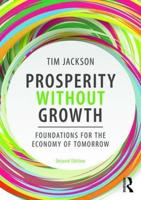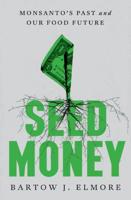Publisher's Synopsis
Hilaire Belloc makes the case in his book "The Servile State" that capitalism leads to a new kind of slavery in which people are reliant on their employers and establishes a "servile" state. Belloc advocated for a "distributist" system that would broadly share ownership and management of the means of production among the populace in order to foster more economic stability, social cohesion, and individual liberty and dignity. Belloc condemned capitalism for putting most of the population in a state of slavery by concentrating money and property ownership in the hands of a tiny number of people. Belloc thought that the distributist system would result in a society that was more fair and equal, with more people owning their own property and having more influence over their own financial futures. In his view, doing so would foster better social stability, individual liberty, and dignity, eventually resulting in a society that was more peaceful and successful. A criticism of the social and economic effects of capitalism, "The Servile State" suggests a different economic structure based on better distributive fairness and equality. The book has influenced economic and political philosophy throughout history and has served as an inspiration for current movements that call for greater economic democracy and social fairness.










